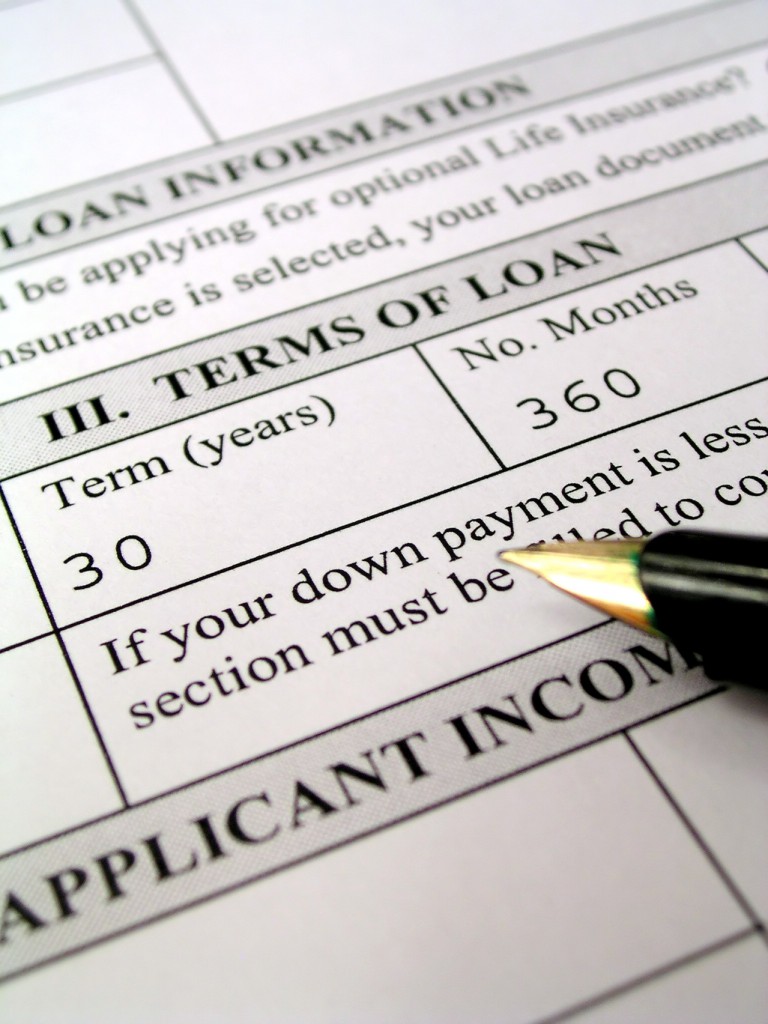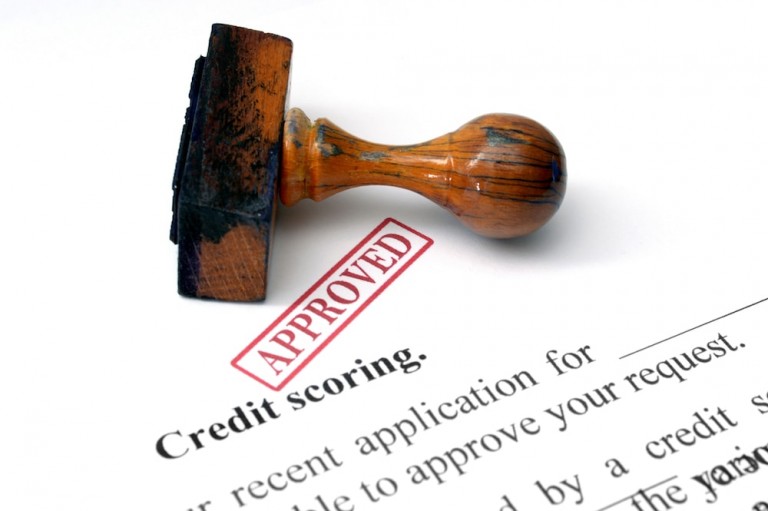Where to Find Small Business Financial Help
My first reaction to the question of “where to find small business financial help” is to check out the Small Business Development Center (SBDC). It’s a free service. As a previous advisor for an SBDC in North Dakota, I excelled in helping entrepreneurs find money for their business startups and expansions. I thought every SBDC was the same in the services they offered… at least for the first year.
It was at my first American SBDC conference when I learned SBDC vary across the country. Whereas my SBDC focused on startups and finding money for entrepreneurs, other SBDCs have different focuses. Still, my initial response is to still go to the SBDCs for initial assistance? Why?
Small Business Development Center
One of the big things I talk about is leveraging your funds. SBDCs are a wealth of information, plus they provide it for free or a low cost. Even if their focus isn’t helping you find money, helping you develop business plans or financial projections, most can still provide wonderful resources and feedback. If nothing else, they can get you started in the right direction. Definitely leverage their services.
The SBDC also has connections… a network of resource partners that may also be able to help you with some of your business needs. Many of their resource partners offer free or low cost.
Banks and Funding Organizations
Another resource you may want to tap into is your business banker. A word of caution. Bankers and investors want you to come to the table with “your shit together.” The SBDC will help you if you come in dazed and confused. Don’t expect the bankers to do the same. At the very least, you should
- Be articulate about your business (your business plan sketched out)
- A summary of what you plan to use the money for (category list with estimates)
- A ballpark range of what you need (a range will suffice)
- An explanation on how you’ll pay the money back (revenue projections)
- Risk mitigation (collateral you can offer and equity you’ll provide)
- Ability to provide financial information (bank statements, tax returns, AR/AP, balance sheets, and profit and loss statements)
It may seem like I’m listing everything you need to get a bank loan. In actuality, I’m not. Really, I’m saying to go to the bank prepared with general knowledge. The more details you have, the better you appear before the bank. However, simply not appearing before your banker like you have absolutely no business sense will at least open the door so they’ll consider you.
Think of the initial information as supporting documents for a pitch. They’re not looking for you to overwhelm them all at once. Rather, the bank is looking to see if you’re business is even worth considering for a bank loan.
Do It Yourself Options
Once you’ve exhausted the free or low cost services and you still find yourself facing gaps in your needs, it may be time to spread your wings a bit.
As I mentioned, you will likely need a business plan that includes financial projections. You’ll find an abundance of resources online to help you through the process of developing your business plan. That is you can do it yourself (DIY).
Paid Services
It took me awhile to realize how overwhelming developing a business plan and financial projections could be for some individuals. I was in the mindset of “just get it done.” Thankfully, I had a client talk to me about the magnitude of creating a business plan. The idea of not knowing where to start is a huge piece.
When I started providing checklists, questionnaires, and templates, the business plans for my clients really started to come together. For some, it even meant sitting down with them and working through the information as a team.
So the next suggestion I have if DIY doesn’t work for you and you’ve other resources is to hire a professional with expertise in creating business plans with financial projections. Hiring the right profession comes with quite a few benefits:
- An experienced professional typically knows what lenders are looking for in a business plan with financial projections
- An experienced professional may know of other resources to tap into that can increase your chances of receiving funding and/or decrease your out of money costs
- You receive a business plan that’s in an acceptable format
- An experienced professional will highlight any redflags prior to meeting with lenders
- An experienced professional will be able to provide you guidance and coaching for your bank visit
- An experience professional knows that a “no” isn’t always final and can help you position yourself for a successful second ask
- You save yourself the stress of trying to stumble through a system you may not have sufficient knowledge in
Final Thoughts
Providing an overview to your banker of what you plan to accomplish and how is a great start. Eventually, your banker is going to want details that are organized in an easy to read format. No more plans scratched out on napkins at this stage.
The final document you provide needs to be professional, not something that looks like a middle schooler struggled to put together. If you don’t have the time, energy, motivation, or whatever to put together a solid business plan, definitely hire an experienced professional to do it for you. You want to put your best foot forward and increase your chances of obtaining the funds you need to give your business a firm foundation.





